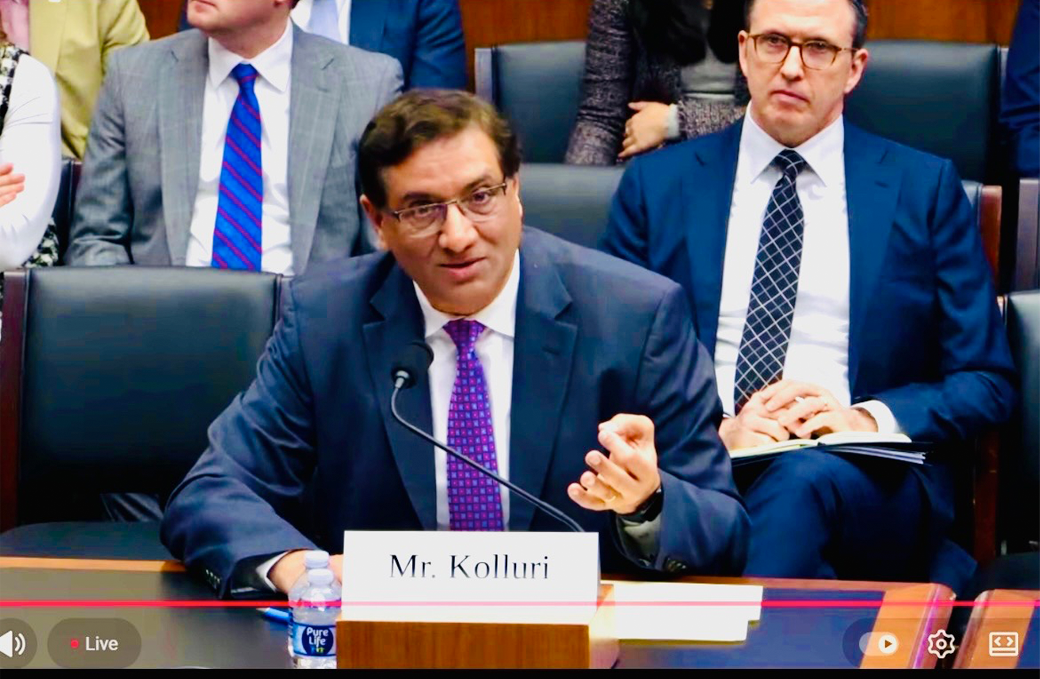The shift from defined benefit pensions to defined contribution plans has created a "guarantee gap" in American retirement security. This brief explores how DC plans can be transformed to help workers not just save for retirement, but plan for income throughout their retirement years.
Summary
As over 30 million Baby Boomers reach retirement expecting to live 30+ years, the current retirement system faces a critical challenge. While the SECURE Act and SECURE 2.0 Act have made progress by addressing barriers to guaranteed lifetime income solutions and expanding DC plan access by approximately 10% since 2018, more work remains. This brief outlines essential reforms needed to close the guarantee gap, including encouraging DC plans to provide qualified payout options (Q-PONs), expanding qualified default investment alternatives to include annuities, and ensuring all workers have access to protected, guaranteed lifetime income solutions. With 70% of workers expressing interest in in-plan annuity options and 93% of annuity owners reporting they feel secure about their financial future, the demand for these reforms is clear and urgent.
Key Insights
- Urgent timing challenge: Over 30 million Baby Boomers are reaching retirement expecting to live 30+ years—significantly longer than the 20-year average when DC plans were created—coinciding with Social Security's projected benefit cuts as early as 2033.
- Strong market demand exists: Nearly 70% of workers express interest in in-plan annuity options, and 93% of annuity owners report feeling secure about their financial future, demonstrating clear demand for guaranteed income solutions.
- DC plans must evolve beyond savings: Plans need to transform from accumulation-focused vehicles into comprehensive retirement security systems through qualified payout options (Q-PONs), expanded default investment alternatives including annuities, and access to protected guaranteed lifetime income solutions.

